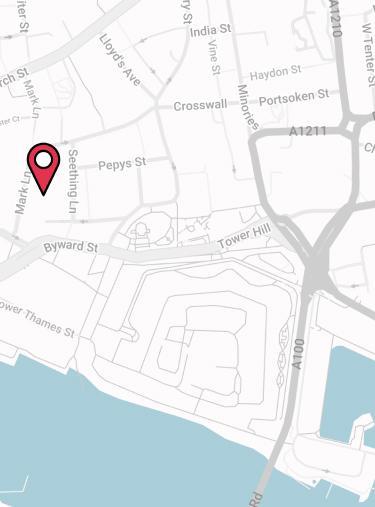Can Employee Benefits Help Stop Mental Health Costing 300,000 Jobs a Year?
A new government report released in the final week of October revealed the true cost to the UK economy of poor mental health: up to £99bn.
The bulk of this is made up of costs to the employer (between £33bn and £42bn), but mental health conditions also cost the government between £24bn and £27bn each year due to lost tax revenue, benefit payments and NHS costs.
The overall cost to the economy is even higher than the sum of these two thanks to lost output, which largely results from ‘presenteeism’. Here employees continue working even when they’re unwell and their productivity therefore suffers as a result. What’s more, the report found approximately 300,000 people with a long-term mental health condition lose their jobs every year. This is much higher than the rate of people with a physical health condition.
So what can be done to help?
Employers and Mental Health Conditions
Employers need two ask to main questions here.
- What can employers do to promote good mental health in the workplace?
- And what can be done for those who are already ill?
The focus should firstly be on how to manage mental health in the workplace, with employers looking at how they can take preventative measures to keep employees well in the first place. This is opposed to dealing with an employee’s mental health only after it prevents them from working.

Employers need to consider a holistic approach to wellness in the workplace, including setting up a company culture that makes employees feel supported and valued.
From the ground up, building an absence management programme is one way to really ensure that a company is a great place to work.
Nadeeem Farid
Employee Benefits Consultant at Drewberry
Employee Benefits: A Helping Hand
A good absence management programme will include employee benefits such as Group Income Protection. While Group Income Protection provides a regular income to employees if they’re signed off sick, a definition that includes mental health conditions, the products on the market today offer so much more.
Not only will the individual be paid a proportion of their salary for any time they have to take off sick due to a mental health problem, but they’ll also have access to an array of additional benefits that come with these policies to support them and help them back into the workplace.
Employee Assistance Programmes (EAPs) are typically parcelled with Group Income Protection, aiding employees with everything from legal information and support to offering help with caring for dependants. Counselling sessions and help with managing workplace stress often come as part of these plans.
Nick Nelms
Senior Consultant, Employee Benefits
How Else Can Group Income Protection Help with Mental Health?
Importantly, many policies will also include some form of rehabilitation service. This can be used for those with physical injuries, such as offering physiotherapy for back pain, but is particularly beneficial for those with a mental health problem.
This is because mental health conditions are often long-term; a broken leg can heal with time but many mental health conditions are lifelong and so need ongoing care and attention.
Ellipse Vocational Rehabilitation
Ellipse’s Group Income Protection comes with Vocational Rehabilitation to help employees get back on their feet and back at work sooner. This helps manage costs for employers and insurers alike.
“Vocational Rehabilitation is built on the premise that the earlier we intervene to help manage an employee absence the better the outcome,” says Chris Morgan, Chief Marketing Officer at Ellipse.
“For mental health, this might involve arranging for a specialist to discuss what they can do for the absent employee and how the employer can make changes in the workplace to ensure a smooth transition back into work.”

Ultimately, however, while having employee benefits such as Group Income Protection is a good start, it’s not the be all and end all. It’s true that employee benefits can be a first important step to helping people with any disability, including mental health conditions, in the workplace.
Yet the issue needs to be looked at as part of a holistic company-wide wellbeing programme which is in a large part preventative, so the employer creates a supportive working environment which places emphasis and importance on maintaining good physical and mental health. Happy, healthy employees are more productive employees.
Chris Morgan
Chief Marketing Officer at Ellipse
Contact Us
125-135 Preston Road
Brighton
BN1 6AF
Cookies
Drewberry™ uses cookies to offer you the best experience online. By continuing to use our website you agree to the use of cookies including for ad personalization.
If you would like to know more about cookies and how to manage them please view our privacy & cookie policy.









